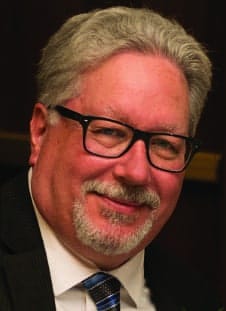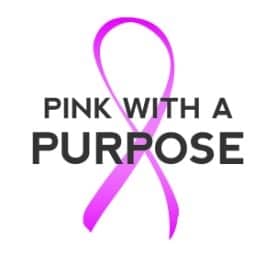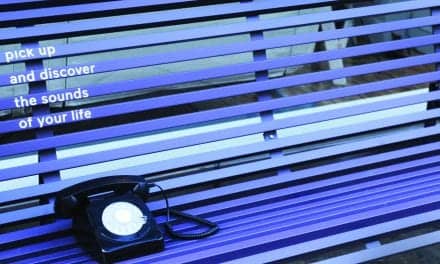Opinion | May 2020 Hearing Review
By David Smriga, MA
Hearing healthcare professionals across the country are in a tough spot regarding how they should operate their practices during the punishing Covid-19 pandemic. At least one professional association within our industry is recommending that practices close (they later provided a broader discussion on this topic) and to work creatively to offer professional services in non-direct ways. This is based on the view that “audiology practices are ‘non-essential’ services in terms of the life-sustaining definition.”
Yet, several healthcare disciplines that appear to fall outside of this definition are deemed “Essential Services” by state and federal leaders, and are expected to and/or are granted permission to stay open even under Stay-At-Home executive orders. So, where does hearing health care fall under this viewpoint? Is hearing healthcare an “Essential Service”?
Here are some important factors to consider:
Patient And Staff Safety Is The Number One Rule
Regardless of whether you choose to keep your practice open or not, the guiding principle in this decision must be the health and safety of your patients and your employees. If you choose to operate, clear and well articulated policies regarding cleaning, sanitation, and distancing practices are essential. Minimizing the number of people in your building at any one time is an advisable goal. (One dental practice—deemed an “Essential Service”—operating near us has a sign outside their building indicating that they will only schedule one patient at a time in their office.)
Don’t Make Your Decision In A Vacuum
Executive orders that include statements about “Essential Services” are legal documents. Effective interpretation of such documents are best left to attorneys. If you don’t already have an attorney, get one. And have a candid discussion with your attorney about your business and how it relates to any state directives that may apply to your ability to operate as an essential service.
Language Matters
When healthcare and public operations are excluded from “Stay-At-Home” type directives, this exclusion mandate often includes examples. We examined Stay-At-Home directives from two states. In one case, the examples of excluded services within the health care sector includes statements like:
- “included, but not limited to . . .”
- “clinics”
- “medical device companies and their supply chain”
- “healthcare facilities, providers and related ancillary healthcare services”
- “caring for people with disabilities”
- “companies providing essential products and services, or businesses that provide for the necessities of life”
The attorney for one audiology practice operating in this state, when examining this document, deemed that ALL of the above statements applied to that practice.
In another state, the “Stay-At-Home” directive referenced as exempt those businesses and services deemed “Essential” by the Federal CISA Memorandum on Essential Workers. Within the Health Care/Public Health section of this document, numerous healthcare disciplines are cited, including speech pathology and diagnostic and rehabilitative services. Although hearing healthcare is not specifically mentioned, it may be comparable to many of the disciplines and areas of service that are exemplified. Again, an attorney can help with such interpretations.
How Does YOUR State Define YOU?
The language associated with your state licensing laws includes clear definitions of your scope of practice. It is possible that you will find state language describing what you are licensed to do that mirrors or sounds strikingly similar to the language used to describe the essential services that are being exempted from “Stay-At-Home” type directives. Compare these documents, or have your attorney compare these documents, to determine if your business is indeed an “essential service” as defined by the language of your state’s legislative and licensing policies.
So, is hearing healthcare an “essential service”? For many, hearing as effectively as possible—especially in times of crisis—is essential. This is an important consideration when determining the best way to operate your practice as various state governments do what they deem necessary to protect their populations.
Acknowledgements
This article originally appeared as a blog by the author on the AuDNet Hearing Group webpage. It appears here with permission.

About the author: David Smriga, MA, is a founder and Vice President, Corporate Communications at AUDNET Hearing Group, Hopkins, Minn.





